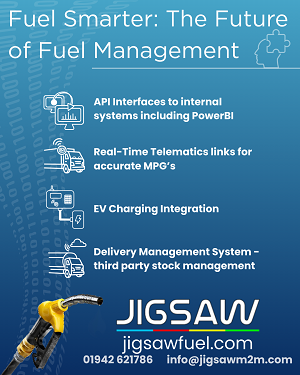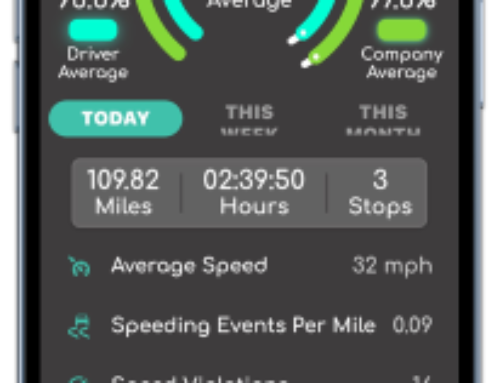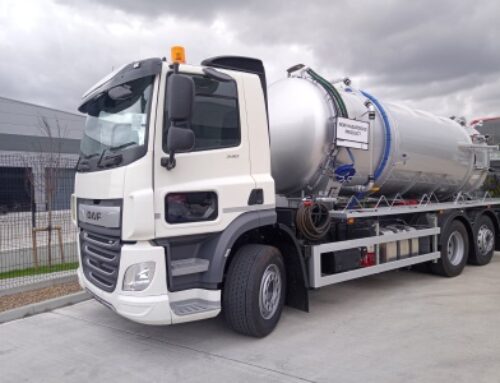Real-time fuelling insight from Certas Energy
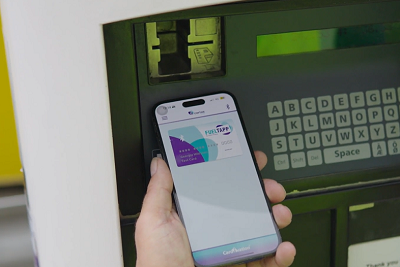 Certas Energy offers a fully digital fuel card in the form of FuelTapp, which it says can give users full control and efficiency over fuel management through a secure online portal, eliminating lost or cloned fuel cards and improving security with instant digital access.
Certas Energy offers a fully digital fuel card in the form of FuelTapp, which it says can give users full control and efficiency over fuel management through a secure online portal, eliminating lost or cloned fuel cards and improving security with instant digital access.
“Fuel is one of the biggest running costs for many businesses, and there are digital solutions that are innovating the sector and saving businesses thousands of pounds,” said Paul Boulton, fuel cards sales manager at Certas Energy.
“FuelTapp gives users access to real-time data on fuel usage and driver behaviour, making it easier to spot unusual activity. With this information, fleet operators can take quick actions to fix problems. It could mean offering driver training, adjusting routes, or stopping unauthorised fuel use.”
When companies or drivers fail to track fuel usage properly, says Paul, the consequences can be significant.
“Fleets are losing millions of pounds worth of fuel every year, and we frequently encounter businesses where the lack of visibility has led to overspending, theft, or compliance risks.
“Without accurate tracking, it becomes nearly impossible to spot unauthorised purchases, poor driving behaviours, or inefficiencies in route planning. Worse still, fuel fraud often goes undetected for months.”
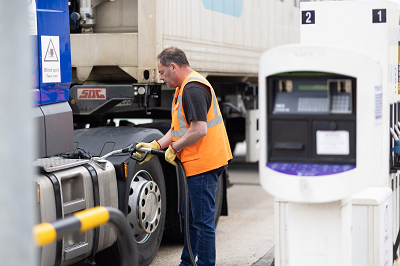 Poor fuel tracking can also damage customer relationships, he says.
Poor fuel tracking can also damage customer relationships, he says.
“Missed delivery windows due to poorly managed fuel stops or vehicle downtime from maintenance issues – that could’ve been caught through consumption trends – all add up to reputational damage in a competitive market.
“Solutions like this represent a shift in how the haulage industry manages fleets efficiently and are helping businesses move away from reactive fuel management towards proactive, secure systems that make operational management far easier.”
Paul added: “Our most successful customers are the ones who make fuel data part of their everyday planning. They check the portal regularly and use the insights to improve how their fleets run. Some focus on driver reports to encourage better habits behind the wheel, others use the data to plan routes, manage maintenance, and even support their environmental reporting.”





